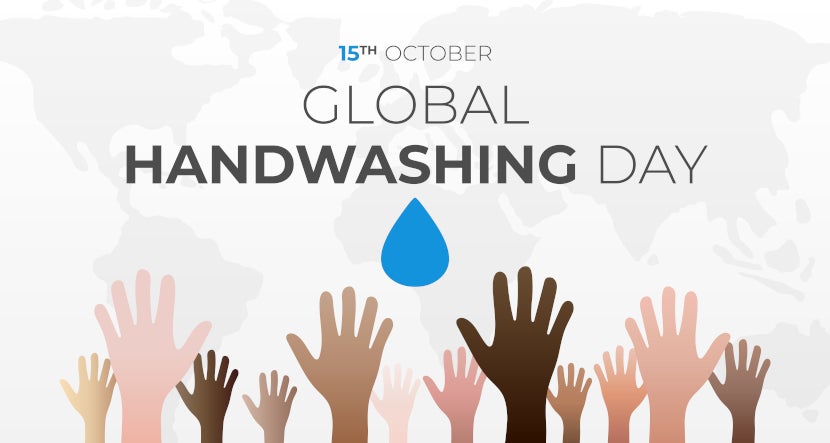Some states have begun to relax their shelter in place orders and reopen their economies. Business owners across the country are eager to get back to work, but even so, things aren’t back to normal quite yet. In addition to placing health advisory garden flags and posters outside your establishments, you’ll need to implement a range of policies to ensure the safety and comfort of both employees and customers until the crisis has been contained.

Sick Leave
The most obvious and most important thing you can do to prevent contagion among your workforce is to implement and enforce a sick leave policy. Any employees presenting symptoms like fever, coughing, and shortness of breath should be sent home immediately until they recover and get approval from their doctor. Isolated employees won’t spread their illnesses, and if your business can afford it, paid sick leave will save them from financial hardship while they convalesce. Any employees with friends or relatives who test positive should also stay home until they get an all-clear from their physician, as even asymptomatic carriers can spread the virus without realizing it.
From a Distance
Keeping customers and employees physically separated is crucial to stopping the spread. The CDC recommends that people stay at least six feet apart, a guideline that’s especially important for seniors and people with compromised immune systems. It can be difficult to accurately eyeball the distance, so it’s a good idea to eliminate the guesswork by placing custom floor decals every six feet. This will help prevent customers from clustering and remind your employees to keep their distance from one another. You may also want to reduce the maximum number of people allowed in your establishments at once, as the chance of contagion increases as more people gather in enclosed spaces.
Personal Hygiene
As the old saying goes: an ounce of prevention is worth a pound of cure. Thus, in the absence of an effective cure for the virus, prevention is worth more than its weight in gold. Standard measures like frequent hand washing are doubly important in the current climate, and advisory compliance signs in bathroom areas can help remind your employees about the importance of good hygiene. The CDC also recommends that you cover your mouth while coughing or sneezing and refrain from touching your face, as respiratory droplets are the main vector for spreading the virus.
All employees should also be required to wear cloth masks at work for the time being, and you may even want to request customers to wear masks in your physical locations. Though they won’t completely protect you from contagion, cloth masks trap respiratory droplets and make it significantly less likely for mask-wearing carriers to transmit the virus. So while healthy employees won’t stand to benefit much from wearing masks, they will help keep your customers healthy and make them feel safer while they shop or eat.
Squeaky Clean
You and your people already do a great job keeping your business clean. After all, no one wants to eat or shop at a place that looks less than clean. But dusting, mopping the floors, and cleaning the countertops won’t be enough for the time being. You’ll need to step up your cleaning game if you want your customers and employees to really feel comfortable coming back to your business.
Viruses can survive outside the body for days, so you’ll need to thoroughly scrub just about every surface as frequently as you can. Soap and water will remove grime and help slow the spread and may be sufficient for infrequently touched surfaces. For frequently touched surfaces like doorknobs, handrails, and countertops, the CDC recommends that you first use soap and water, then use an approved disinfectant to completely eliminate the virus. If you can’t get a hold of enough disinfectant, a bleach and water mixture or a 70% alcohol solution will be sufficient. Workers should be disinfecting surfaces multiple times a day, and even office workers should frequently disinfect their workstations, telephones, and keyboards.
Back to Business
Normalcy won’t return overnight, and until it does you will need to implement some temporary policies to keep your employees healthy and make your customers feel comfortable about coming back in person. But with the right signage, policies, and preventative measures, your business will be safe for your employees and your customers alike. Just follow the guidelines set by your state and the recommendations of the CDC and business will be booming again before you know it.





























 Posted in
Posted in  Tags:
Tags: 
